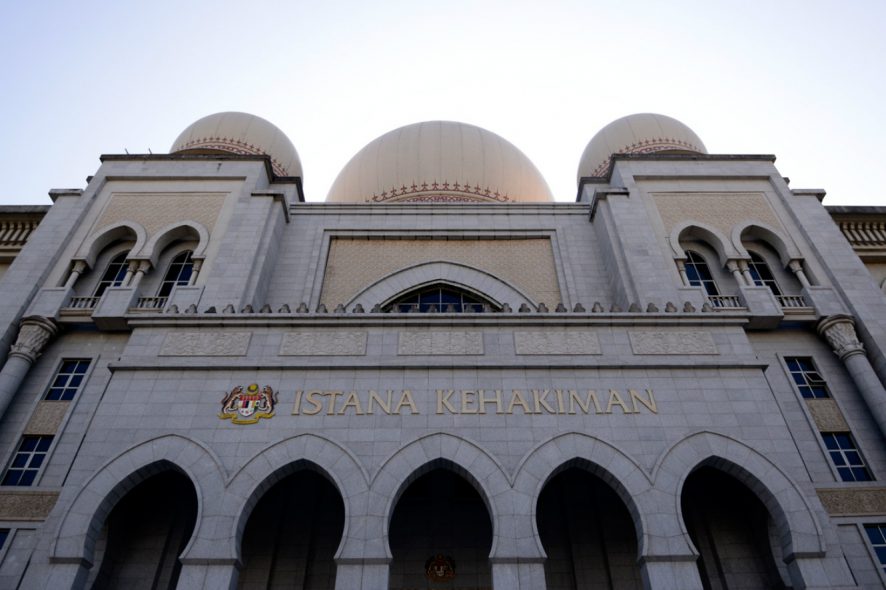Court of Appeal of Malaysia: The principal issue in this case was whether there is a resulting trust i.e whether the deceased, Ismail bin Barliar held the said disputed property on a resulting trust for and on behalf of the plaintiff where the plaintiff had never established that the purchase of the property was solely through the plaintiff’s money. The appellant (the administrator of the estate of Ismail bin Barliar) appeals against the decision of the High Court which held that there was a resulting trust and contends that there was clear evidence to show that the respondent did not purchase the disputed property solely with his money. The plaintiff-respondent at the material time was a Deputy Minister and had used the deceased’s name purportedly as nominee to acquire the disputed property from the State Government.
The 3-Judge Bench held that, “If A buys a property using his own money and registers the property in the name of B, by operation of law, it is said that B holds the property on a resulting trust for A. This is actually a settled principle of law.” The Court observed that the conduct of the plaintiff as well as the bank officers who extended the loan per se attracts the concept of illegality as well as public policy and referred to Patel v. Mirza, [2016] 3 WLR 399 : [2016] UKSC 42 as instructive, where Lord Toulson reiterated the well-established principles in this area of jurisprudence to say that:
(i) No court will lend its aid to a man who founds his cause of action upon an immoral or an illegal act.
(ii) Illegality has the potential to provide a defence to civil claims of all sorts, whether relating to contract, property, tort or unjust enrichment, and in a wide variety of circumstances.
The leading English case which anchors the jurisprudence relating to resulting trusts is the statement of Eyre CB in Dyer v. Dyer, [1788] 2 Cox 92, where His Lordship said that the trust of a legal estate results to the man who advances the purchase price. The Court held that the High Court should not have entertained an equitable relief which is discretionary in nature when the general norms of equity had been violently breached. The appeal was allowed with costs to the appellant/first defendant, subject to allocatur and the judgment of the High Court was set aside. [Mohd Iftitah Bin Ismail, the Administrator of the Estate of Allahyarham Ismail Bin Barliar v. Dato’ Hasan Bin Malek , 2016 SCC OnLine MYCA 264, decided on September 2, 2016]






